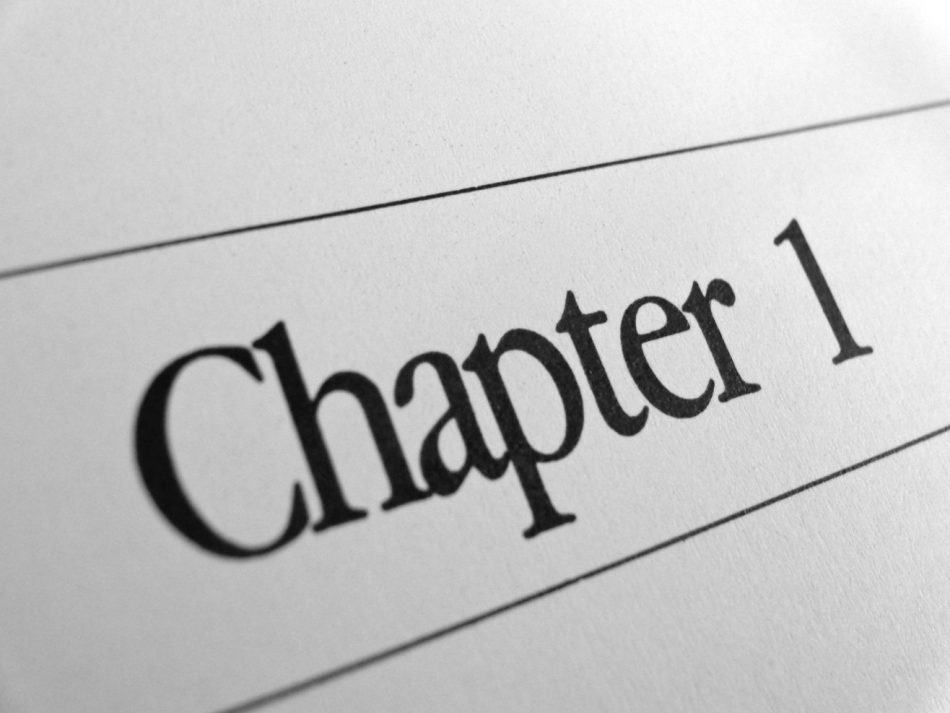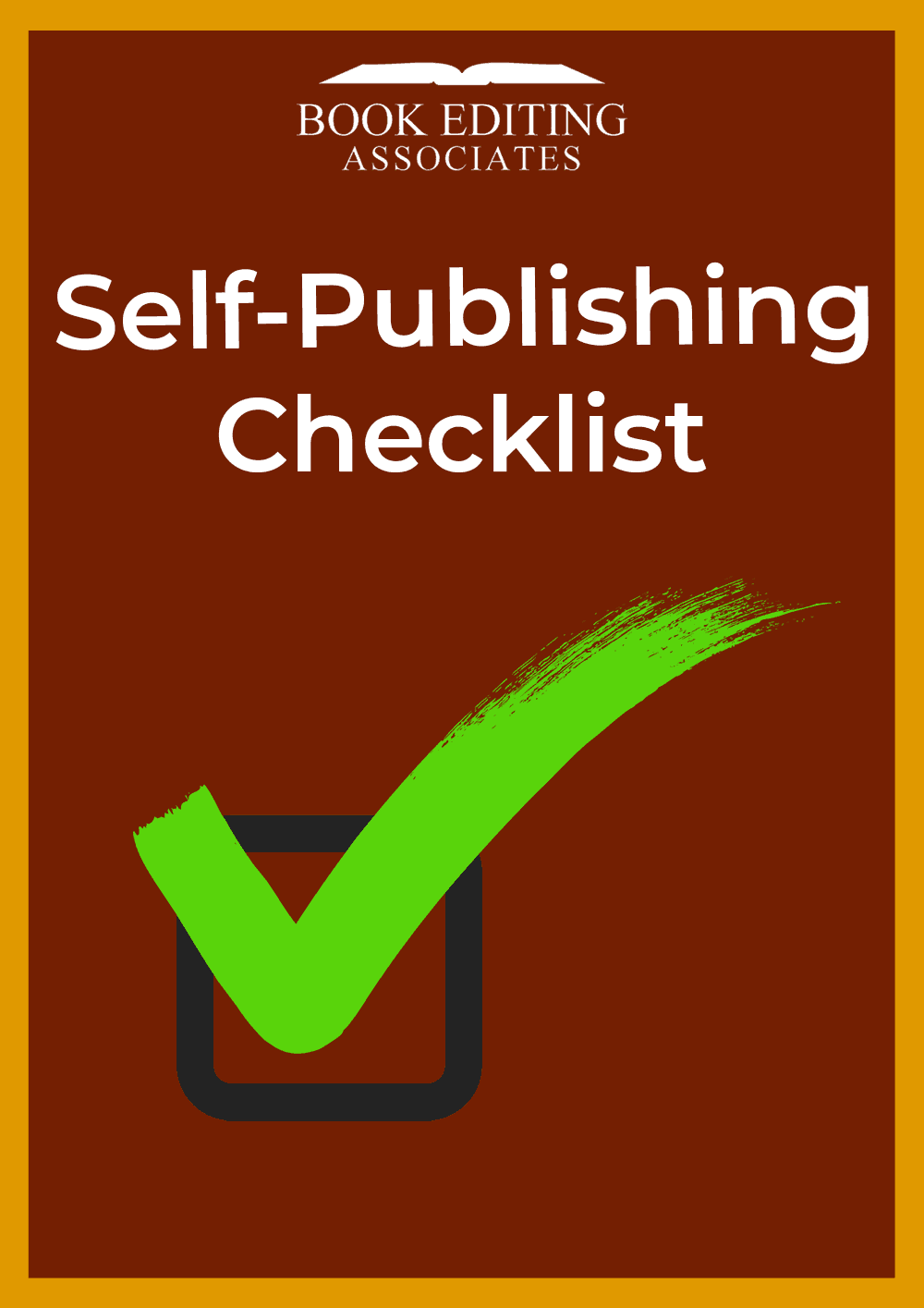Blog
Editing for Sport: Q&A with John Ethier, Author
John Ethier’s novel, a basketball thriller titled The Little Red Boat, was edited by Marie Valentine of Book Editing Associates. Here, she gets more information on his process. MV: Tell us about your book. JE: The Little Red Boat is the story of two friends, Jamie and Angel, who come from a small town in northern […]
What Agents and Editors Look for in a First Chapter
It’s a truth universally acknowledged that as much as an agent or editor might wish otherwise, they will never be able to read each and every page of the projects they have in on submission. They have to eat, pay attention to pesky children and spouses, and occasionally even read other books so they have […]
Beyond Character Quizzes: Asking the Right Questions to Develop Distinct Characters
Think back to Creative Writing 101, the class where an actual Important Writer came to read-a guy with elbow patches and a college-press story collection with cover art that looked pretty pro in the days predating Fiverr artists and rampant Photoshop skills. The class...
Finding Your Writing Style as a Novelist: Part 1
Are you a pantser or a plotter/planner? If you’re a novelist and you’ve done even a little bit of reading about the craft of fiction, then you’ve likely come across the terms “pantser” and “plotter,” which is also called “planner.” Simply put, if someone asks which kind of fiction writer you are, she or he […]
The Superhero Mystique
In the last few years, superhero fiction has become extremely popular among writers not associated with the traditional publishing scene-and personally, I rather enjoy this trend. I’m not sure why. I never grew up reading superhero comic books, though when I was in grad school, I borrowed my roommate’s, and became a Grimjack, Firestorm, and […]
Are You Overcomplicating Your Novel?
Recently I’ve seen a number of manuscripts by talented new writers who are falling into a trap. Writers are overcomplicating their novels, often by choosing unnecessarily experimental narrative techniques, or by deliberately leaving out important plot information. The choices range from switching, seemingly randomly, between past and present tense or first and third person POV, […]
Living the Publishing Dream
Book Editing Associates editors frequently work with self-published authors. Writers have myriad reasons as diverse as their books for self-publishing. Caroline Robinson self-published her first book and got to enjoy the satisfaction of “finishing” the book, which allows a writer to move on to the next work. In Caroline’s book, House of Mourning, House of […]
How To Create A Book Outline
Say your novel-to-be is about rock and roll-that much is clear-and you’re ready to outline. Or rather, ready or not, you need to outline. You sit down to your spreadsheet or blank Word doc, your head abuzz with story elements and impressions: the thudding loudness and in-your-faceness of rock’s heyday; some patchy character profiles; a […]
Order in the Outline | Overcome Mental Bottlenecking to Create a Great Book Outline
Say your novel-to-be is about rock and roll-that much is clear-and you’re ready to outline. Or rather, ready or not, you need to outline. You sit down to your spreadsheet or blank Word doc, your head abuzz with story elements and impressions: the thudding loudness and in-your-faceness of rock’s heyday; some patchy character profiles; a […]
Who Will Publish Me? Book Publishing Help
Do you wonder what kinds of stories editors at publishing companies are acquiring? Want to know what the trends are, what editors are looking for, and what they’re tired of seeing? There are several industry e-newsletters you can subscribe to free of charge.
When an Appositive Becomes a Negative
Part 1: Avoid Long Phrases Separating Subject from Predicate Subject “¦ Predicate “¦ Appositive “¦ For those of you who are already cringing at the thought of an entire article focused on Grammar 101, take a deep breath and relax. This isn’t about grammar so much as good writing that allows readers to more easily […]
Finding a Literary Agent: Do’s and Don’ts
First … make sure you follow the submission guidelines on the literary agent’s website!
The Difference Between Action and Narrative Tension
You’ve heard you need to grab your reader’s attention with a compelling first page, but often I see writers who start their novel with action, but not tension. The difference is perhaps subtle, but very real. Tension is created when the reader sees a character grappling with specific and relatable problems, while action without context […]
Writing A Prologue For Your Book
A novel prologue can help or harm. This article answers the “what is a prologue?” question and may help you decide whether or not to write a prologue.
Age Levels For Children’s Books
If you’re writing a children’s book, it pays to be familiar with how publishers classify them. Publishers generally assign age groups for readers of various formats as set out in the following list.









